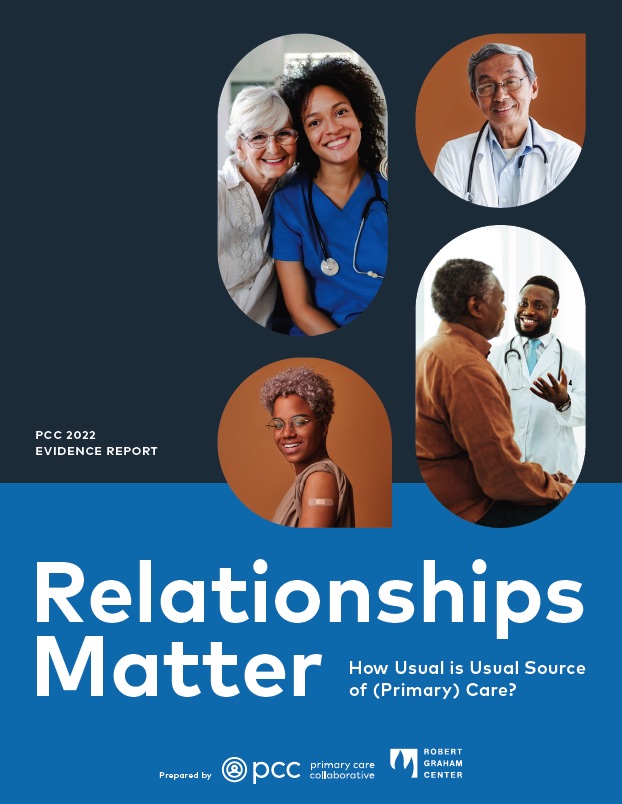For Media Inquiries: Tod Didier, Senior Communications Manager, PCC, tdidier@thepcc.org
In a March 22nd letter, 27 diverse organizations that support primary care including the Primary Care Collaborative (PCC) and the National Association of ACOs (NAACOs), called on the Centers for Medicare and Medicaid Services (CMS) to establish a new hybrid primary care payment option in the Medicare Shared Savings Program (MSSP). Building on the recommendations of PCC's Better Health-NOW campaign, this new approach would offer practices a combination of prospective and fee for service payments to bring better health outcomes, greater equity, and lower costs to patients and providers.
The United States is systematically underinvesting in primary care, leading to erosion of the primary care workforce and a greater number of U.S. residents without a usual source of care, according to recent findings. In the letter, PCC, NAACOs and other signatories urge CMS to implement the hybrid payment model in MSSP this year – arguing that it is critical that we change how and how much primary care is paid to give patients the better health they deserve.
Read the text of the letter to CMS HERE.




